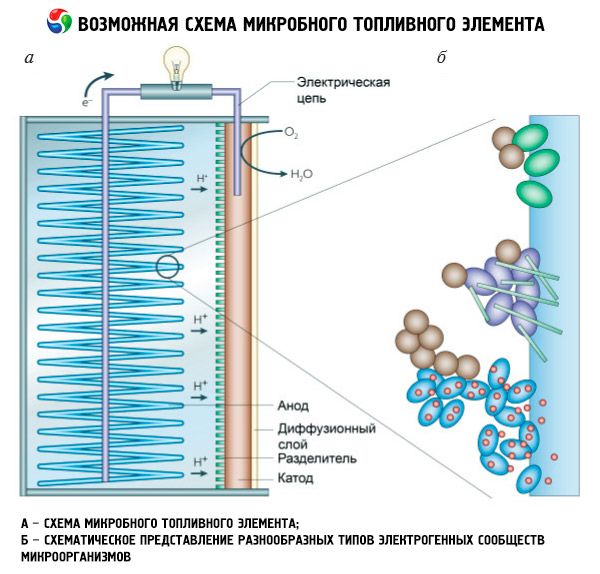New publications
China has created an electrochemical generator that runs for 3 days on 1 spoonful of sugar
Last reviewed: 02.07.2025

All iLive content is medically reviewed or fact checked to ensure as much factual accuracy as possible.
We have strict sourcing guidelines and only link to reputable media sites, academic research institutions and, whenever possible, medically peer reviewed studies. Note that the numbers in parentheses ([1], [2], etc.) are clickable links to these studies.
If you feel that any of our content is inaccurate, out-of-date, or otherwise questionable, please select it and press Ctrl + Enter.
In China, a group of young specialists has developed a unique electrochemical generator that can operate for about 3 days on 1 spoon of sugar.
Several students from China's Tianjin University have won an award for the best energy project at an international competition held in September this year.
A group of young people used a completely new technology to create their electrochemical generator, combining several multicellular microorganisms to produce energy, which resulted in a highly efficient device with stable electrical power.
Research into developing a microbial electrochemical generator using a single strain of bacteria has been ongoing for several years, but strict cultivation requirements and limited capabilities have prevented scientists from making much progress. For a long time, it has been impossible to create a highly efficient electricity generator using a single strain of bacteria capable of producing energy.
The young team of specialists was headed by Lin Wei, who is studying at the Faculty of Pharmaceutical Technology. According to the young scientist, the perfect part of the work is that genetic modification of strains of three types of bacteria was used - Shewanella hay and Escherichia coli.
According to the researchers, this approach is innovative because it was the young people who first attempted to create a microbial electrochemical generator from three types of bacteria. As a result of this approach, the scientists were able to achieve a high level of electricity generation.
According to Lin, compared to existing technologies for generating energy using solar radiation, wind or water, the microbial electrochemical generator is more stable, it does not depend on environmental conditions, the place of installation, and the generator also shows the best results for generating electricity in the future, and on a fairly large scale.

Energy production using solar or wind has a low conversion rate, so at present it is not possible to use them as efficiently as possible (today the efficiency of such energy production technologies is only 20%).
The microbial electrochemical generator is much more efficient, and is capable of converting various inorganic substances into energy. After adding sugar or grass to the system, the unique generator reaches a power of 520 mW and works for an average of 3 days.
Young specialists noted that they would like to make a generator of smaller dimensions, while achieving a longer service life and more electricity. Biomechanical engineer Liu Yue noted that perhaps in the future, such a generator will become a new source of energy, for example, like lithium batteries now, which we are accustomed to using in our everyday life.

 [
[